It’s common to use a Colombia notary for a variety of legal documents, including those required for visas, apartment rentals, property purchases, marriages, and divorces.
Notaries in Colombia play a crucial role in ensuring the legality of contracts and official documents. This guide provides up-to-date information on Colombian notaries in Medellín and throughout Colombia, helping foreigners navigate the notary process in Colombia efficiently.
Since living in Medellín for over a decade, I have needed to use notary services in Colombia every year. From notarized documents in Colombia for my apartment rental contracts to legalizing paperwork for my Colombian visa, notaries have been an essential part of my experience. Additionally, I got married at a notary in Colombia, a common practice for both locals and expats.
Finding a Colombia Notary in Medellín
In every city in Colombia, you will find notaries. Medellín has 31 notary offices, numbered from Notaría 1 to Notaría 31. In El Poblado, there are seven: Notaría 2, 12, 17, 20, 22, 25, and 26.

Here is a complete list of Medellín notaries. Note that each notary office can have different hours. Some are open during lunch, while others aren’t. And a few notaries are open on Saturday. It’s usually best to call ahead, as email communication with Colombian notaries is often unreliable.
The cost of Colombia notary services varies depending on the service. Here is a partial list of current costs at a notary in Medellín:
- Authentication of signature – 2,280 pesos
- Digital signature – 8,568 pesos
- Birth certificate – 7,500 pesos
- Marriage certificate – 7,500 pesos
The cost of civil marriage in Colombia at a notary, including everything related to a escritura pública, costs approximately 120,000 to 180,000 pesos and can cost more if a translator is needed.
Notaries also play an important role in property purchases in Colombia. We previously provided a guide for foreign buyers, detailing the notary process in Colombia when acquiring real estate.
You can use your passport at a Colombia notary if you are a tourist. But if you have a cedula (local Colombia ID after receiving a visa) you need to use your cedula at a Colombia notary.
When I have used notaries in Medellín, the process has been relatively painless. You just show up at the notary office, stand in line normally for only a few minutes, sign the document, pay and receive your document that is notarized.

If you need to find a notary in another Colombian city, a quick Google search using the format “City Notaría” will usually provide results. For example, searching “Bogotá Notaría” leads to the Notariavirtual website, which lists the 40 notaries available in the capital.
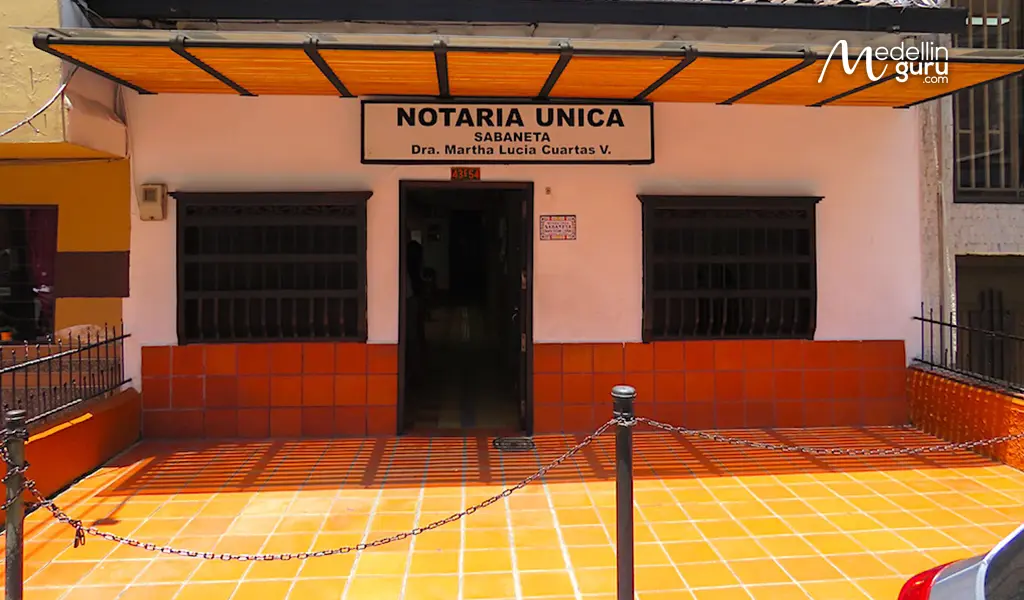
In Sabaneta, south of Medellín, a Google search finds just one notary.
Getting Married at a Notary in Colombia
In Colombia, you can get married at a church or at a notary. Here I’ll look at my experience with a civil marriage at a notary in Medellín. Note that religious marriages must also be registered at a notary.
Your first step in a civil marriage at a notary in Colombia is to contact the one you use to discuss what documents are required and the procedure. Documents required can be different from notary to notary. In addition, the documents required depend on your situation.
Your first step in a civil marriage at a notary in Colombia is to contact the one you use to discuss what documents are required and the procedure. The specific requirements may vary from notary to notary. In addition, the documents required depend on your situation.
For example, if you or your partner have kids it can be more complicated. Also, not all Colombian notaries are used to working with foreigners. So, it’s important to talk to a notary to find out the documents they require for your situation.
Several years ago, I got married at Notary 17 in El Poblado, located at Calle 8 #42-15. This notary in Medellin has extensive experience with foreigners and the process was straightforward in my experience. The documents required were:
- Photocopy of my wife’s cedula.
- Notarized copy of my wife’s birth certificate not older than 90 days – the long form folio version which showed her marital status. Note that Colombia has a national registry of births and marriages so a birth certificate in Colombia is a living document.
- My U.S. birth certificate with an apostille and Spanish language translation not older than 90 days.
- My U.S. divorce decree with an apostille and Spanish language translation not older than 90 days.
- Photocopy of my cedula (I had a previous visa so already had a local cedula ID). If I didn’t have this cedula, a photocopy of my passport would have been needed.
I translated my documents from the U.S. to Spanish using a visa agency in Medellín with official Colombian translators that translate into Spanish.
When I submitted all the documents, the notary reviewed them and scheduled the civil wedding at the notary. Since I spoke Spanish fluently, I didn’t need a translator. And once I was married in Colombia, I became eligible for a Colombia marriage visa.
Documenting a Civil Partnership at a Colombia Notary
Colombia also has the option for documenting a civil partnership, which can also be used for a marriage visa. A civil partnership is like a common-law marriage. In Colombia, two consecutive years of cohabitation legally establish a de facto marital union.
Documenting this type of relationship requires a declaration in front of a Colombia notary. This is called a declaracion union marital de hecho and should be documented in a public escritura. This notarized document can then be used for visa applications.
Technically, a couple should be living together under the same roof and the relationship is reportedly supposed to have been for two years. But I have met some expats that received this declaration with shorter relationships.
Notary for Documents Used in the United States
While you are in Colombia, it is possible to get documents notarized for use in the United States. A Colombia notary can’t be used for notarizing a document to be used in the U.S. And a U.S. notary cannot work in Colombia unless they work at the U.S. embassy or consular agency in Barranquilla. U.S. notary commissions reportedly must be done in the geographic state were they were issued.
U.S. notary services in Colombia are only available at the U.S. Embassy in Bogotá and at the U.S. Consular Agency in Barranquilla.
Both the U.S. Embassy and U.S. Consular Agency offer notary services for documents for use in the U.S. that need a U.S. notarized signature. And these offices provide U.S. notary services regardless of your citizenship.
At the U.S. Embassy in Bogotá, notary services are available by appointment only. You can make an appointment here. And at the U.S. Consular Agency in Barranquilla, all services are appointment only. So, call first at (5) 353-2001 or (5) 353-2182.
The cost for notary services at the U.S. Embassy or U.S. Consular Agency is $50 per notarization.
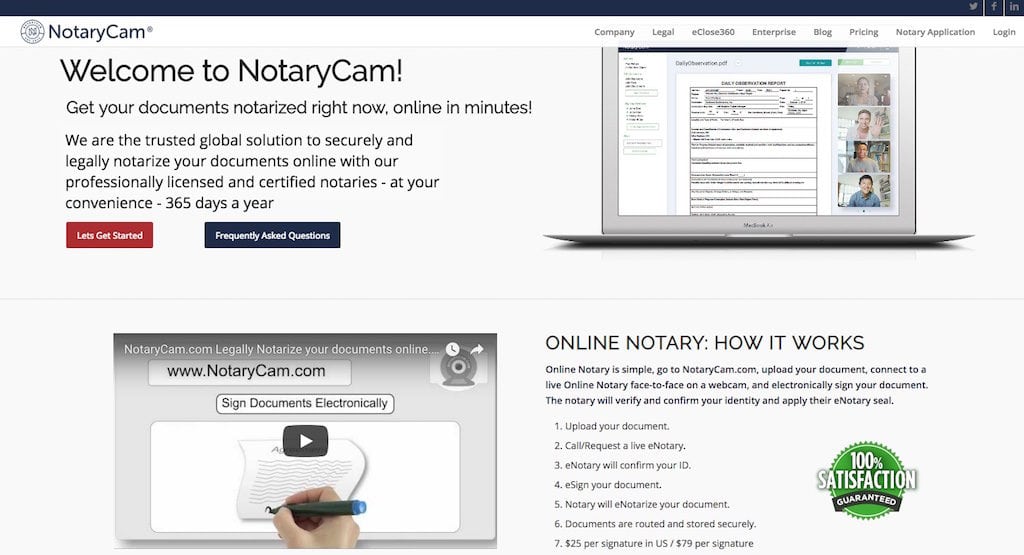
Using NotaryCam Online for Notarizing Documents Used in the United States
It is possible to use NotaryCam online in Colombia to notarize documents for use in the U.S. This way you avoid a trip to Bogotá or Barranquilla to get a document notarized at the U.S. Embassy or U.S. Consular Agency.
I have used NotaryCam multiple times while in Colombia to notarize documents for use in the U.S. NotaryCam uses a webcam, which enables you to talk live to a notary and signing is done electronically. NotaryCam uses the following process:
- Upload your document
- Call/request a live eNotary
- eNotary will confirm your ID
- eSign your document
- Notary will eNotarize your document
- Notarized documents are sent via email
The NotaryCam cost is $25 per document if you are in the United States (verified by IP address) or $79 if you are in a foreign country. In my experience, using NotaryCam was a painless process that enabled me to avoid a trip to Bogotá or Baranquilla and also save money.
Using a Visa Agency if Needing a Visa for Longer Than 180 Days
If you are in Colombia and not located in Bogotá and applying for a Colombia visa plus you don’t want to travel, you can use a visa agency to obtain a Colombian visa. A visa agency can handle the online application. And it will courier your passport to Bogotá to get the visa in your passport.
Medellin Guru has partnered with what we believe is the best visa agency in Medellín to offer Colombia visa services. Features of this service include:
- Online chat – get visa questions answered fast.
- Online quotes – get immediate visa quotes.
- Courier your passport to Bogotá to get the visa in your passport.
- Office in El Poblado in Medellín.
- Competitive price compared to other visa services.
We reviewed all the Colombia visa agency services in Medellín and found one agency that offers a more efficient visa service with more features and more comprehensive communications including online chat, WhatsApp, Skype, email and phone plus a low price and a convenient office in El Poblado.
Our visa partnership is an affiliate relationship (like the Amazon affiliate program). If you use our visa partner, Medellin Guru receives a small commission and you support the website. This is at no additional cost to you. The price remains the same, whether you use a button or affiliate link on this website or not.
Furthermore, the visa agency we partnered with offers visa services anywhere in Colombia. So, if you are located in another city in Colombia you can use this service.
Medellin Guru Visa Service
The visa agency we partnered with has helped 2,171 Medellin Guru readers
GET 40% OFF IN YOUR COLOMBIA VISA PROCESS
The expatgroup.co anniversary offer is now open! Start your Colombian visa application with our reliable partner and confidently relocate to Colombia.
*Offer available until January 30th and applies only to the EG’s service fee.
*Apply terms and conditions.
Medellin Guru's comprehensive visa and passport series
The Colombian visa changes that went into effect in October 2022 were significant. So, on the Medellin Guru site, we have a comprehensive series of visa articles that are kept up-to-date and should answer most visa questions. These articles include:
- Colombia Visa Guide: Ultimate Guide How to Get a Colombian Visa
- How to Obtain a Colombian Visa with Up-to-Date Info – an overview of all the Colombian visas
- Popular Colombian Visas for Foreigners: Which Visa is the Most Popular?
- Coronavirus Impacts on Colombian Visas and Tourist Visas
- Visa Agencies: A Guide to Visa Agencies in Medellín and Colombia
- 9Common Colombian Visa Mistakes: How to Avoid Them
We have looked in detail at the nine most popular Colombian visas used by foreigners:
- Digital Nomad Visa
- Retirement visa
- Marriage visa
- Investment visa
- Business Visa
- Resident visa
- Work visa
- Student visa
- Visitor visa
Also, we have looked in detail at three additional Colombian visas, which are less popular for foreigners:
- Rentista visa (annuity visa) – for foreigners with a fixed income
- Beneficiary visa – for relatives of visa holders
- Expertise visa – for professionals
In addition, we have a guide to Colombia tourist visas and how to extend a tourist visa. Also, we have a guide to renewing U.S. passports in Colombia and a guide to obtaining a Colombian passport.
Furthermore, we provide information about travel health policy that meets the health requirement for Colombian visas. And we have a guide to how apply for a cedula extranjeria in Colombia and a guide to using notaries in Medellín and Colombia. Finally, Medellin Guru has partnered with a visa agency to offer Colombia visa services.
All of our Colombia visa articles are up to date (2024) and constantly receive updates in 2025.
The Bottom Line: Colombia Notary – Guide to Using Notaries in Medellín and Colombia
Once you start living in Colombia, you will find that you will need to use Colombia notary services from time to time. However, notaries in Colombia are relatively easy to use and accessible throughout the country.
If you are getting married at a notary in Colombia, it’s important to check with the Colombia notary in advance to confirm the required documents and associated costs. Keep in mind that both the notary process in Colombia and fees can vary depending on the notary office.
Medellin Guru Social media
Be part of our community. Find out about news, participate in events and enjoy the best of the city.


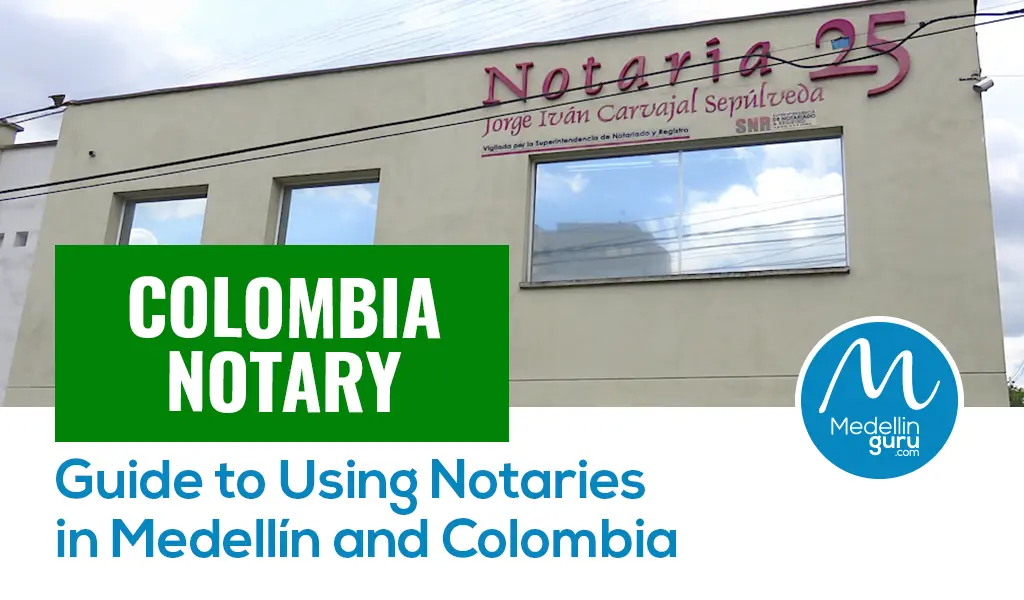
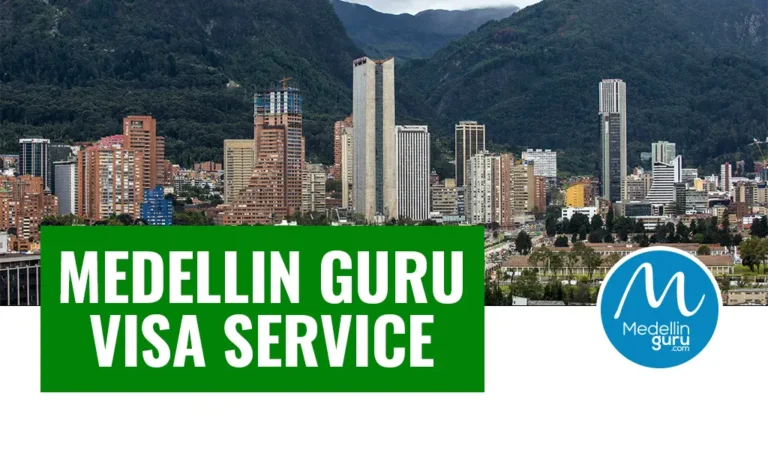
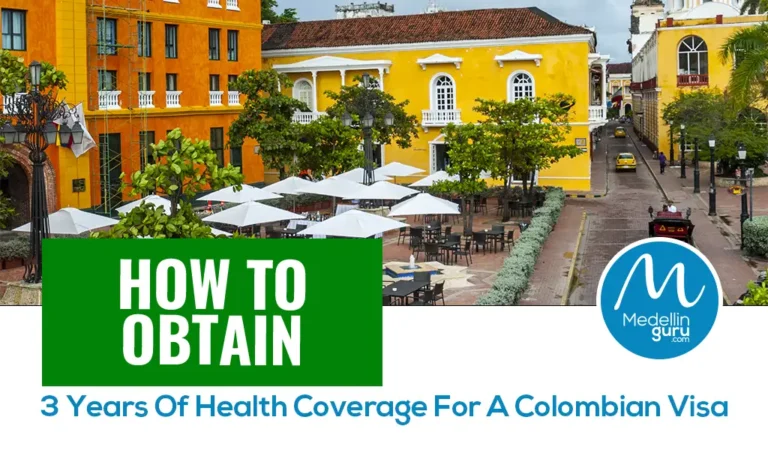

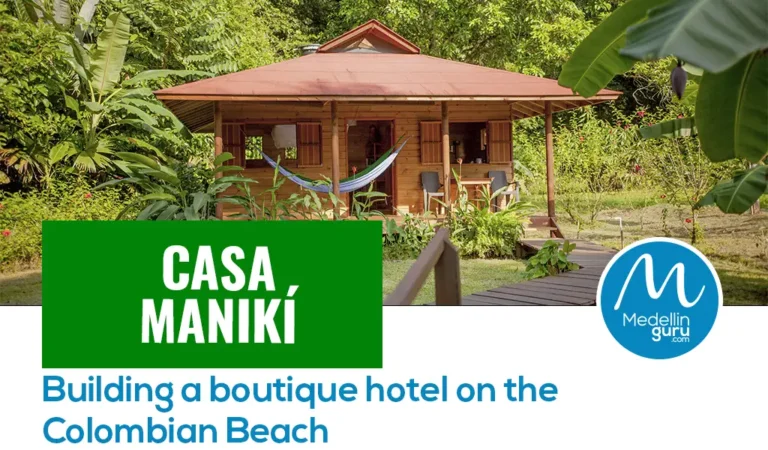
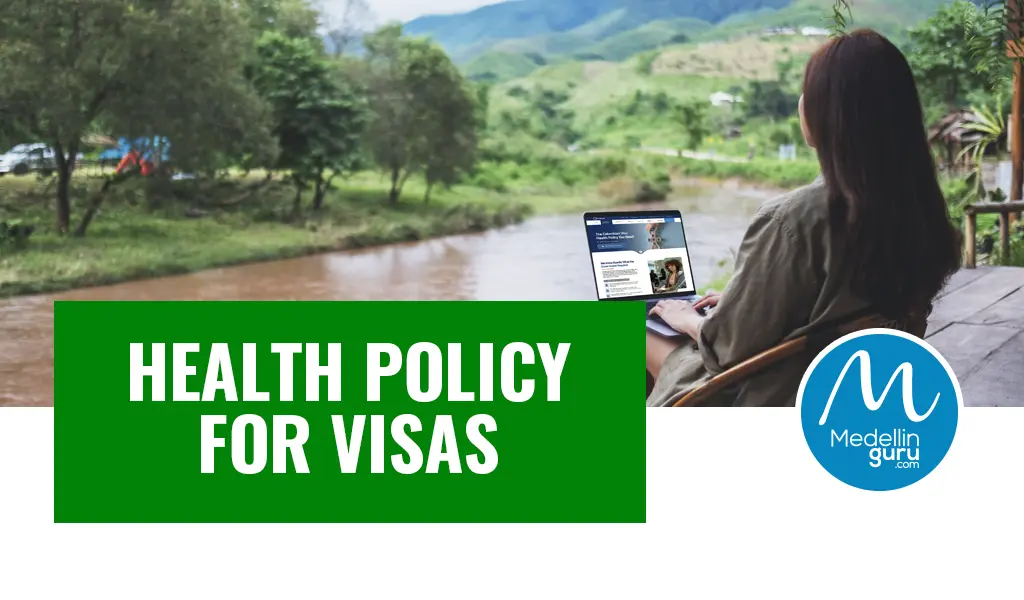

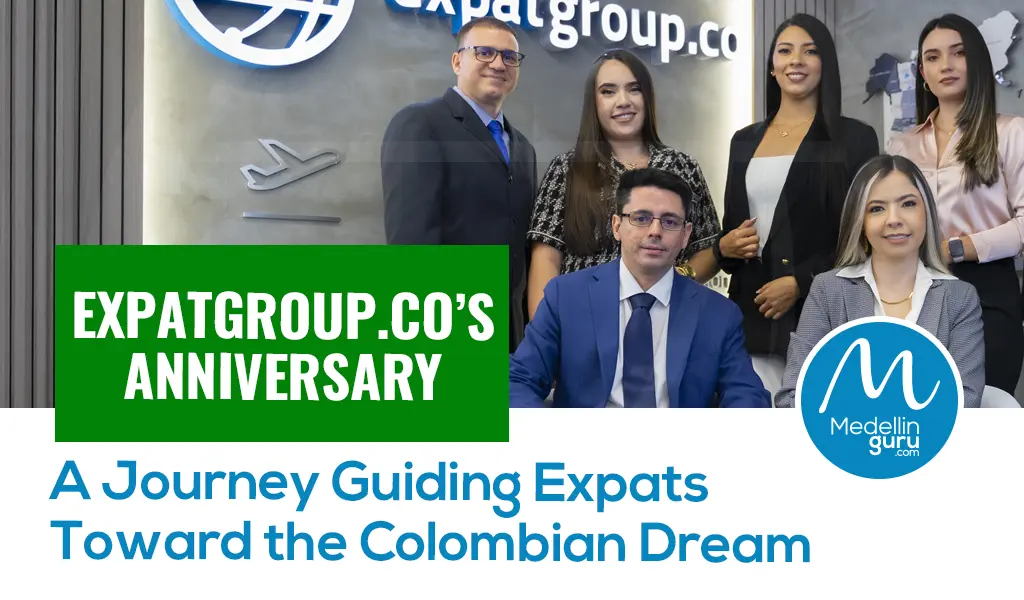
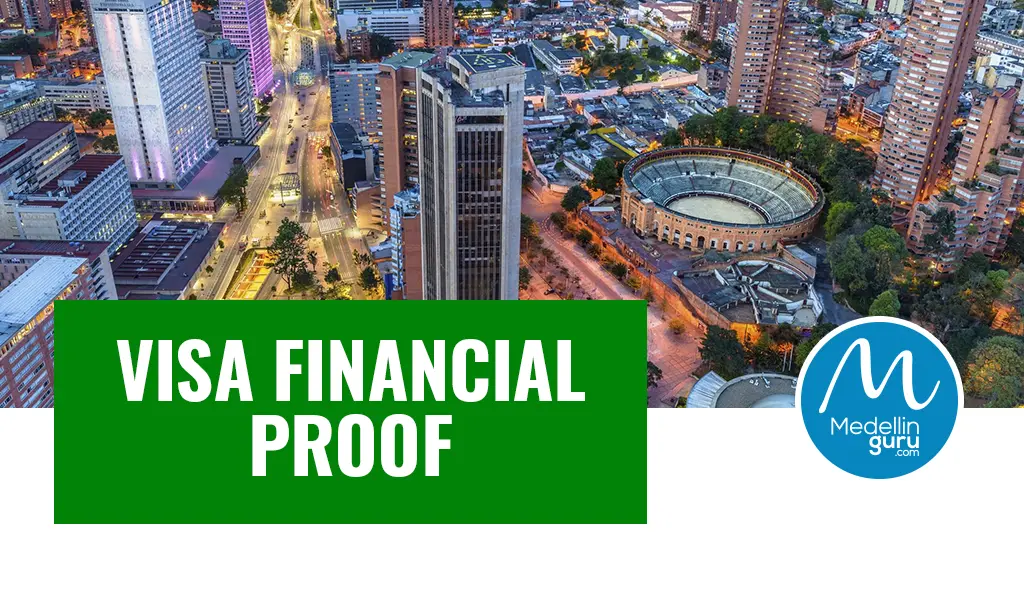

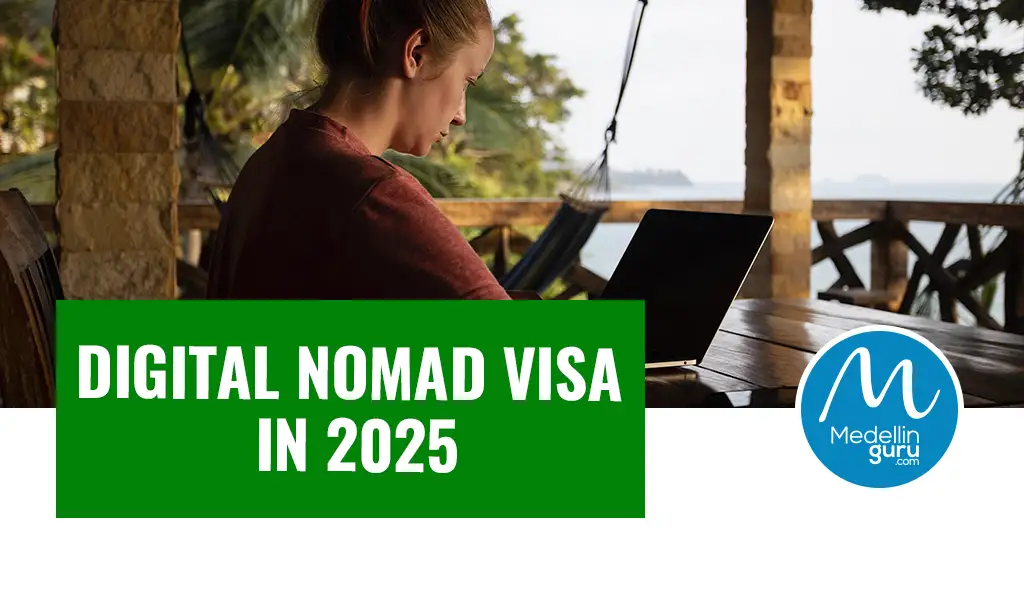
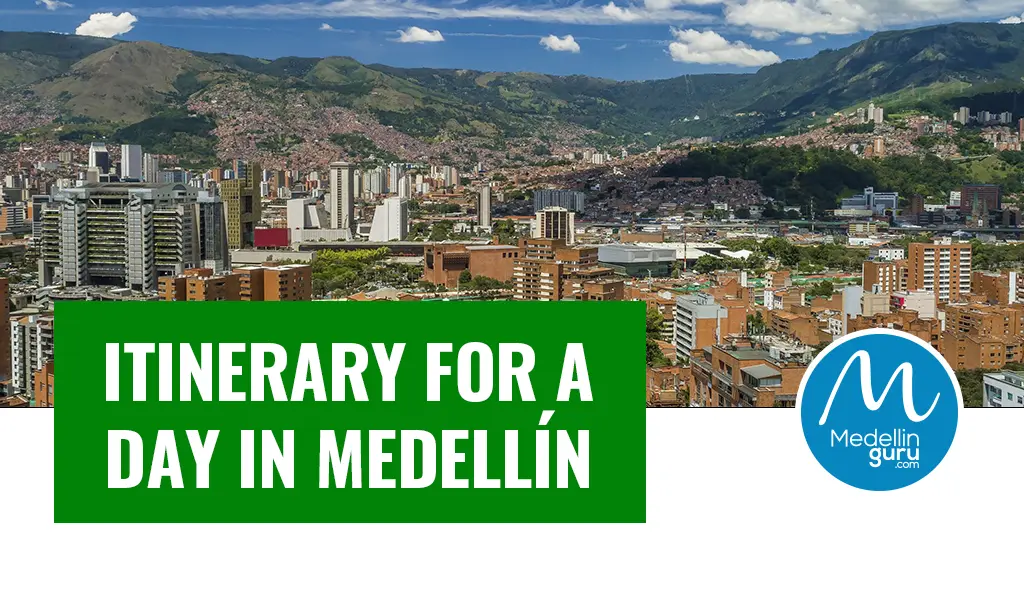
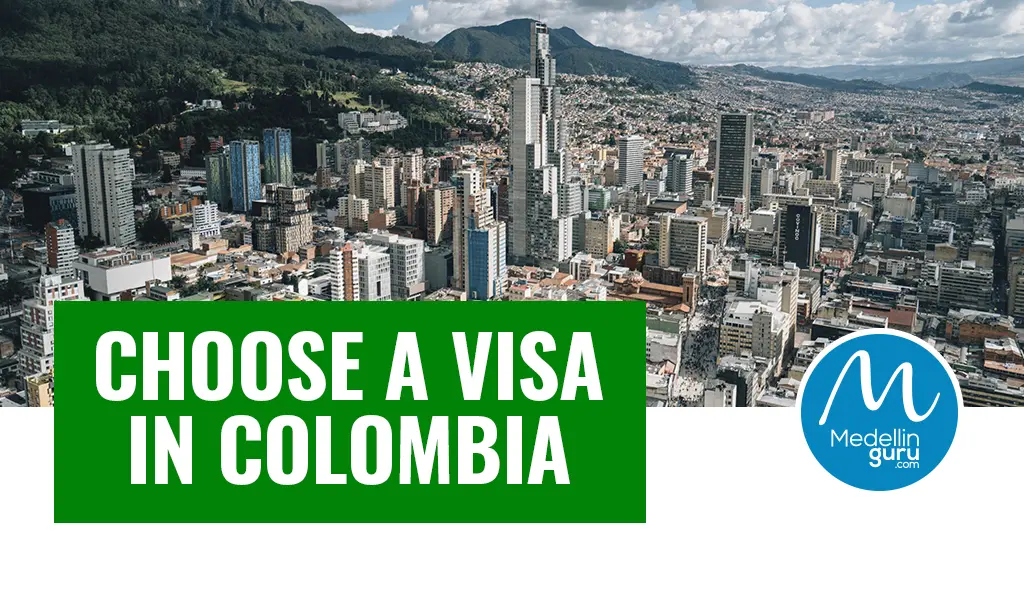
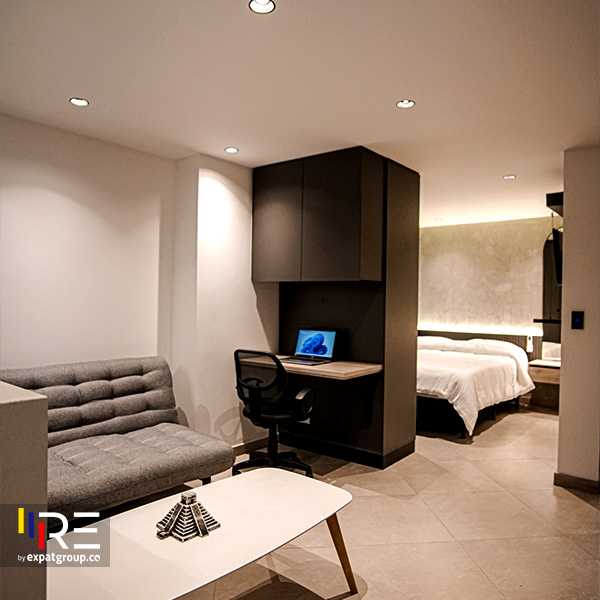
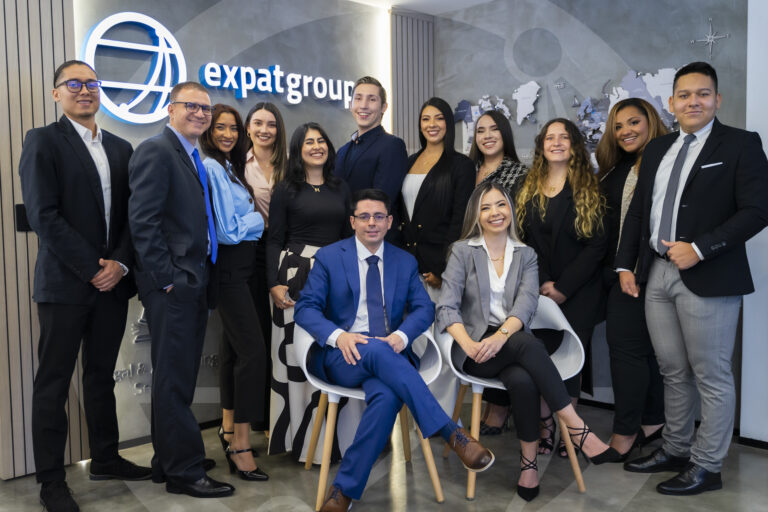

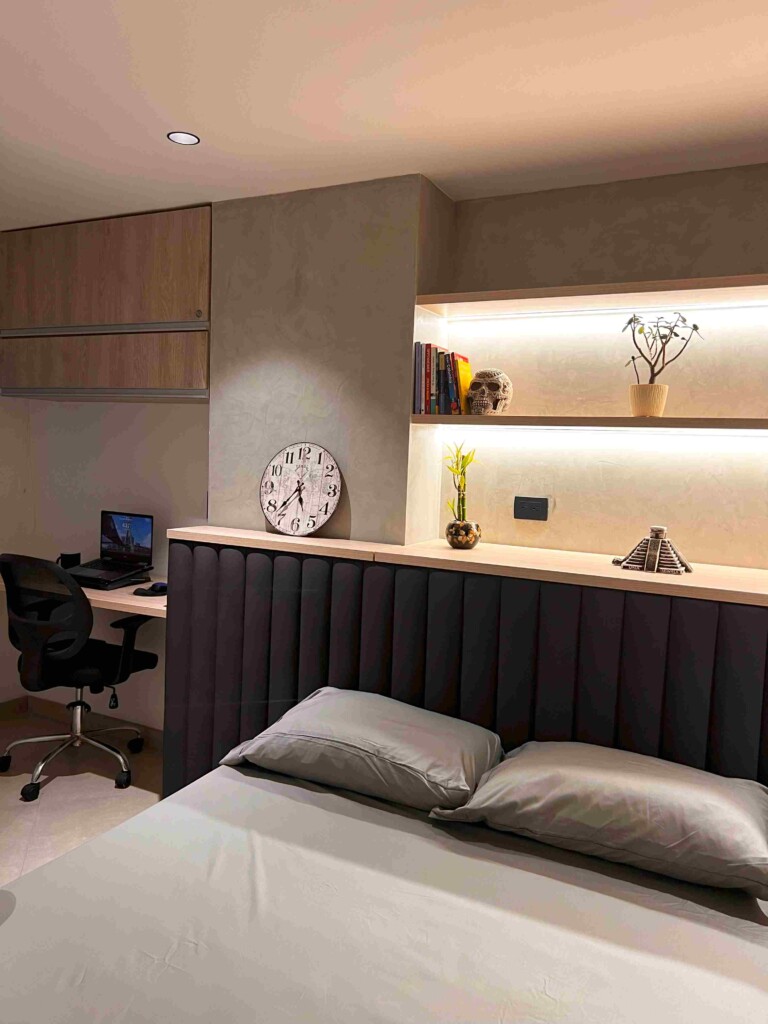
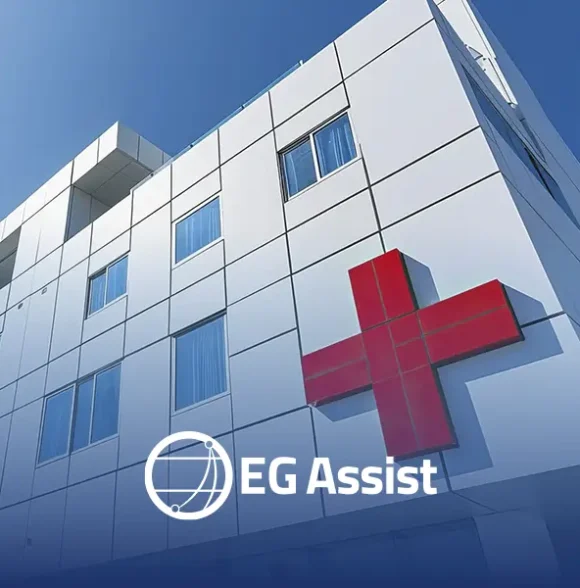
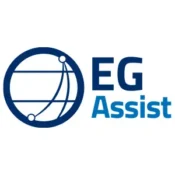
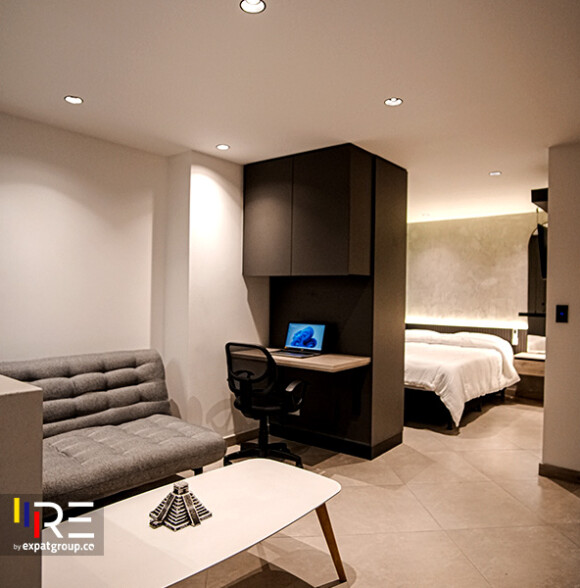

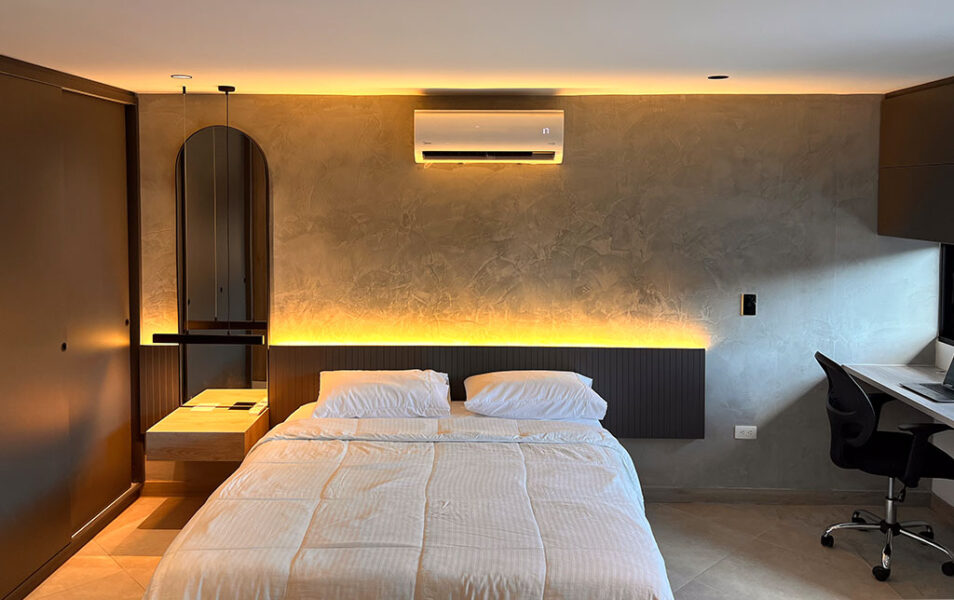
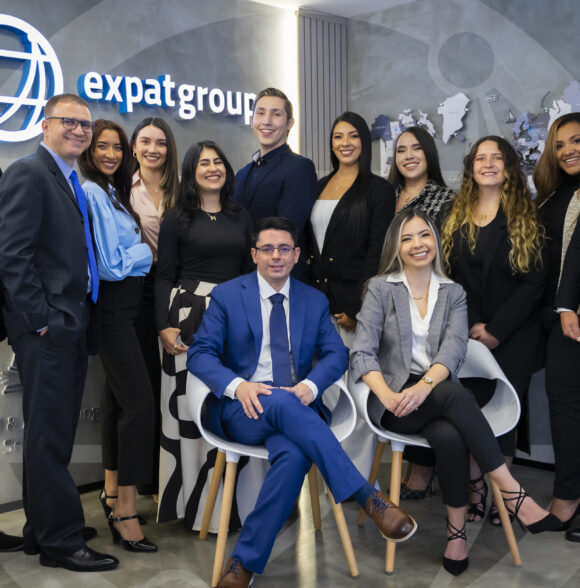



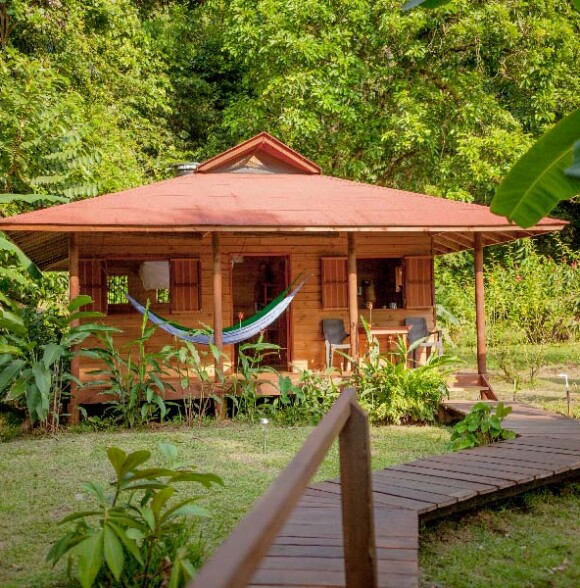
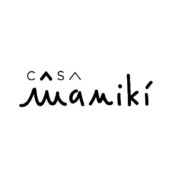




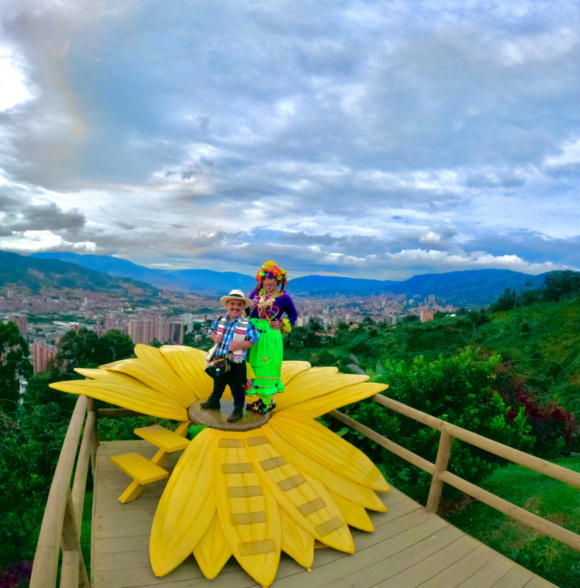

30 thoughts on “Colombia Notary: Guide to Using Notaries in Medellín and Colombia”
Hey Jeff!
Did you need a notarised copy of your passport or was a normal copy enough? Is it possible to present the marriage request with a power of attorney in case I’ll not be in Colombia by then?
A last question: I’ve read on some notaries website that it is requested that the birth certificate has a marginal note stating “valid for marriage”, is this applicable only for the birth certificate of the Colombian spouse? I am Italian and I was told there is not such a note on my international birth certificate, nor it can be added as all birth certificates are valid for any use. Did you need one on yours?
Thanks a lot!
Best,
Laura
You need to be there for the marriage. I had a cedula so did not use my passport. Colombia’s birth certificate is a living document and includes marriages and divorces. So it will show that it is valid for marriages. Needs to be dated within 90 days of the marriage.
Thank you! And what about my birth certificate? Does it need to have a specific annotation stating “valid for marriage”?
Colombia birth certificates will say this. No other country does this.
Hey Jeff!
I am italian living in Germany and I’ll soon marry my Colombian boyfriend in Colombia before moving together to Germany.
It will be a Civil Marriage.
As far as I could read, marriages are by default under community of property in Colombia, is that true? Is there a possibility to choose division of asset, and renounce any future claim on each other upon marriage?
I read about prenuptial agreements, can those be done directly at the notary before marriage?
Thank you for any information you might have on the topic.
Best regards,
Laura
Yes, Colombia is a community property country. You have to talk to a lawyer about prenuptial agreements and division of assets. Here is a law firm that can help you – https://cuadrolegal.com/en/
Thank you very much!
Do you know what’s the average cost for a prenuptial agreement in Colombia?
Sorry no, ask the law firm.
As soon as I moved to Colombia I noticed the very large number of notary offices, even notary buildings, all over the place and most with lots of customers and activity. Before retiring to Mexico and then to Medellin I lived all my life in the US where I never saw a notary office; let alone one with loads of customers all day every day. I noticed this in Mexico or in any of the other 8 Latin American countries I’ve visited. I’ve often wondered why does it seem that there is SO much of this in Medellin and presumably in all of Colombia.
Are you sure you used your divorce decree and not the divorce certificate? I was told I needed my certificate, not the decree. Thanks for your help
Yes, divorce decree with translation. Requirements may very depending on notary.
Thanks for all the good info Jeff. I’m still trying to figure out this CO marriage process, well, the objective is finding the best way to get my fiancee her US visa. From what I read, getting married first in CO seems like the best bet with appeasing the US gov, but as of right now, I only have a copy of my birth certificate, but you did mention in the article, notaries vary in terms of document requirements. I’m wondering if I should figure out a way to get this done sooner than later b/c of this corona-virus travel ban situation that’s happening globally, meaning, in 2 months, we both might be on some kind of lock down for who knows how long. So, do you have any idea of the most lenient notary in the Medellin area?
also, a little bit of a typo above: using NotaryCam was a painless precess that enabled me to avoid a trip to Bogotá or Baranquilla and also save money.
Thanks for the info
For the Colombia marriage process if you are from another country you need your birth certificate with an apostille and Spanish language translation with everything not older than 90 days.
See our article article about marriage visas that has some information about my experience getting married with requirements. https://medellinguru.com/marriage-visa/
We used notary 17 in El Poblado, which has experience working with foreigners. And thanks for catching the typo, fixed.
Hi, my daughter is getting married in Bogota. We have all documents except one. The notary is asking for a document from the United States stating that her children she already has , have no assets. Where do we get this. We have called everyone we can think of in the United States and they don’t know what they are asking for. Any help would be greatly appreciated
I recommend asking the visa agency we partnered with. If you click on this link – https://visasincolombia.com/ it will bring up a page with a chat at the bottom right where you can chat directly with the visa agency during business hours.
Thank you , we will give it a shot.
So I went to Notary 6th. He was able to understand un poco english and helped me out with no problems. Price was 6000. Def. recommend him. Cheers, Marc
Marc, hope you find one and share it here. That being said, its hard to find English speakers here except in places that specifically cater to foreigners such as Hospital Fundacion Santa Fe Bogota. I’vegotten around with basic Spanish and carry a letter of common questions, answers, and my information en Espanol – including notario poders and banking. Buena suerte
Hey, I need a proof of identity in English. So I guess he must be able to read it. Thank you anyway. I will let you know, what I found out. Best, Marc
wow, thats the other way around. You could provide a Spanish translation of the document for their reference.
Great article. Do you know if any of those in el poblado speaks English? I need to get my identity proofed for a US document and also later need a poder for the buying process of a foreign car.
Hi Marc, I have been to 2 different notaries in El Poblado and both didn’t have staff that speak English. But there are other notaries in El Poblado. There is a list here https://www.la-notaria.com/notarias-de-medellin.html and you could call and ask “¿Tiene alguien que habla inglés?
Hello jeff I hope that you can also help me in my situation. I meet this girl 2 years ago we are now engaged. The problem is my divorce is not finalize yet. We were 7 months pregnant and we lost the baby and my fiance is going trough a hard time with the lost of the baby. I decided to move to Colombia to be with her but I don’t know which visa to apply for so i can work in Colombia for the one year period it takes for the sponsorship paperwork from the Canadian government to go through. I need to be with her during these hard times and I also have to prove to my government that we are living together for one full year. Any tip on the visa i should apply for which would allow me to live and work in Colombia would be very helpful.
Hi Renny, I recommend looking at our Colombian visas article with the list of visas to see which visas best work for you – https://medellinguru.com/colombian-visa/. Also, in that visas article is a list of visa agencies you could talk to about your visa options.
Hi Jeff,
Do you know how it was possible to get the common law partner authentication with less than 2 years of cohabitation for some of the expats you met? I’m interested!
Thanks!
Regarding wills/inheritance, Colombia has “Forced Heirship” meaning your assets will be EQUALLY divided – spouse and children. If this is your only marriage, then that’ll probably be fine. I also added my wife’s name to the condo escritura using a POA. (She hasn’t been to Colombia yet) My attorney is Laura Osorio (Medellin).
Great and useful article. Keep up the good work.
Interesting post, but nothing is said relative to wills. As many expats buy property in Medellín, I assume that it is important to make a will here, even if you have one in your home country, so that it’s more easily acted upon under Colombian law. But nothing is said about that issue. This may be due to the fact that as an American you think of lawyers to write up wills. But in all countries which do not function under the Common Law system (all of Latin America, most of Europe, the Province of Quebec in Canada: that is lots of your non American readers) wills are done by a Notary.
Also, I wanted to ask about how a notary office works. Contrary to North America where you would make an appointment and then see the notary personally, but here it’s seems to be a “chain service” where lots of people arrive without appointments for different needs and are passed on to assistants, and maybe, eventually, a Notary for signatures. Not sure how that works and your post gives little information about that. Could you elaborate.
Thanks for the suggestion about Colombia wills. Colombia wills has been added to a list of possible future articles. In the U.S. you don’t make appointments at notaries. Notaries are everywhere in the U.S. Banks in the U.S. will have them and third party mail services offer notary services in the U.S.
And yes, in Colombia Notaries you are passed to assistants. When I was married in a notary I dealt with an assistant and only saw the notary for the marriage. When notarizing a doc you deal with assistants and the doc is passed to the notary for signature.
I’ve wrestled with this issue for 2 years and talked with several attorneys. First if you have heirs here you need nothing. Upon your death your assets automatically go to your Heirs. If your Heirs are in a foreign country that could be a problem. Next is a Will were you name beneficiaries, but then you will need their I.D. for each and they may be required to sign at the Notary when the will is registered. ( I had a will drawn up leaving property to an organization, they required I transfer the property to them now, which gave them full control, I would become a tenant paying the bills) Finally, there is a Civil Trust which I just completed. The Civil Trust you name a Administrator who’s only function is to disposed of your property in your behalf. You can transfer assets to the Administrator now ( not good idea). Or you name the life event that prompts your Administrator to dispose of your assets. While you keep full control . (Similar to a Living Trust) Their are different life events you can name, terminal illness, disease or death. You can name different administrators for different assets. Or simply name one Administrator to dispose of all assets. Then write a separate side agreement with the administrator as to how you want your assets divided. But, once the administrator disposes of the property, they can do what ever they want with the money.